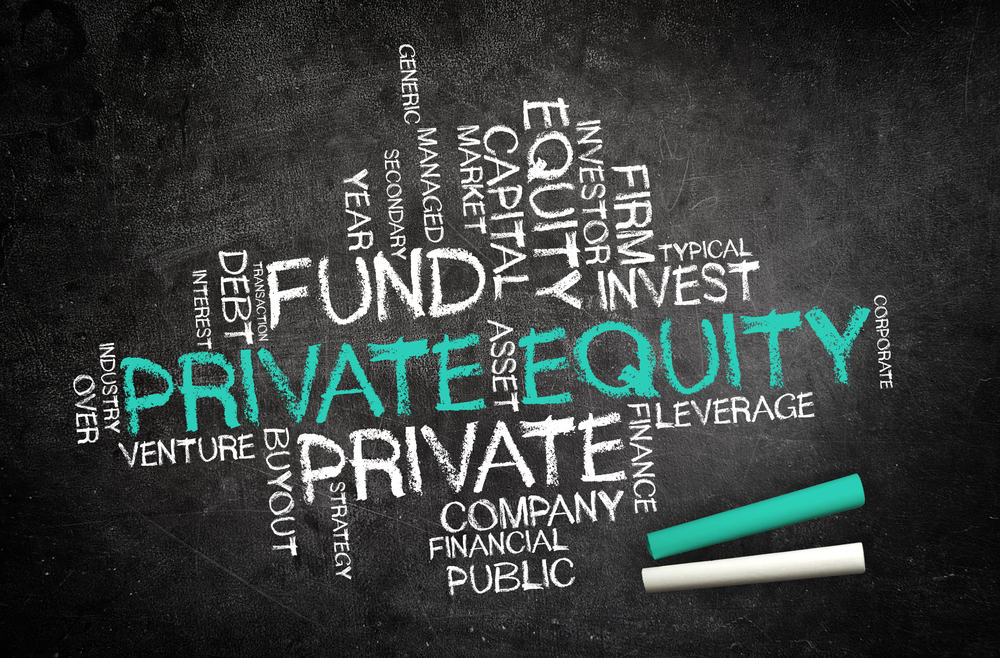Private Equity May Get A Bad Rap But It Can Make Investors Money

Private equity is often viewed as ruthless in its pursuit of returns, loading businesses with debt and then selling them on. But as often as private equity investors can be accused of damaging the long-term prospects of companies, they turn companies around that were being run badly.
And over the course of the 2020 Covid-19 pandemic, private equity has helped saved some big names that would not otherwise survive. Shoemaker Clarks is one of the best-known names on the British high street but had become bloated with too many shops. There will be disappointment in some quarters 200 years of family ownership came to an end for Clarks in early November. But without the £100 million private equity deal that saved Clarks, it would have fallen into administration.
And the private equity market has done well for investors. Despite the value of private equity companies falling as much as 50% at its low point at the end of March, over five years the sector has returned 34.2%. That’s better than either the UK all-companies and UK equity income sectors. And things look like they are picking up again.
How does private equity work?
The typical modus operandi of private equity companies is that they either take stakes in companies, or buy the outright, with a view of selling them on at a higher price. The main criticism of private equity is that it often leverages the initial investment through loans. That debt is then usually, where possible, transferred onto the company being acquired.
The strategy is the company invested in then generates enough profits to service the debt that’s been loaded onto it. And, if possible, pay the debt down over time. That can leave companies hamstrung by debt and less able to reinvest in future growth. Often private equity owners take companies public as their exit plan, selling off shares owned on the stock market.
Debenhams is one high profile recent example. In 2003 the department store group was acquired by a consortium of 3 private equity firms. They tripled their original £600 million investment over three years, listing it in 2006. However, it has since struggled to service the significant debt its former owners left it with. In 2019, the debt burden finally proved insurmountable, with Debenhams falling into administration.
But there are also positive outcomes from private equity ownership. Ticketing platform Trainline did very well under private equity ownership and was also doing well as a public company before the Covid-19 pandemic ravaged the travel industry.
Investing in private equity
Investors in private equity firms and funds can realise attractive returns. It’s also a good way to diversify a portfolio. While investing in unlisted private equity groups often involves minimum buy-in levels beyond those accessible to the average retail investor, private equity investment trusts can be bought into like any retail investment trust, and offer exposure to the sector.
Quoted by The Times newspaper, Iain Scouller of stockbroker Stifel, recommends Pantheon International and HG Capital as private equity investment trusts. They returned 4% and 6% respectively over the first half of 2020, despite the Covid-19 pandemic.
Some mainstream investment trusts also have holdings in private equity. Scottish Mortgage is the UK’s largest global investment trust, has allocated almost 18% of its portfolio to holdings in private companies. It also only charges 0.36% per year, which is a significant saving on the typical 2% charged by the average private equity investment trust.
Related things
Index Ventures announces $200 million dedicated seed fund
Phoenix Group launches first dedicated venture capital fund
Latest Updates


2020 sets record levels for corporate VC deals
February 3, 2021





